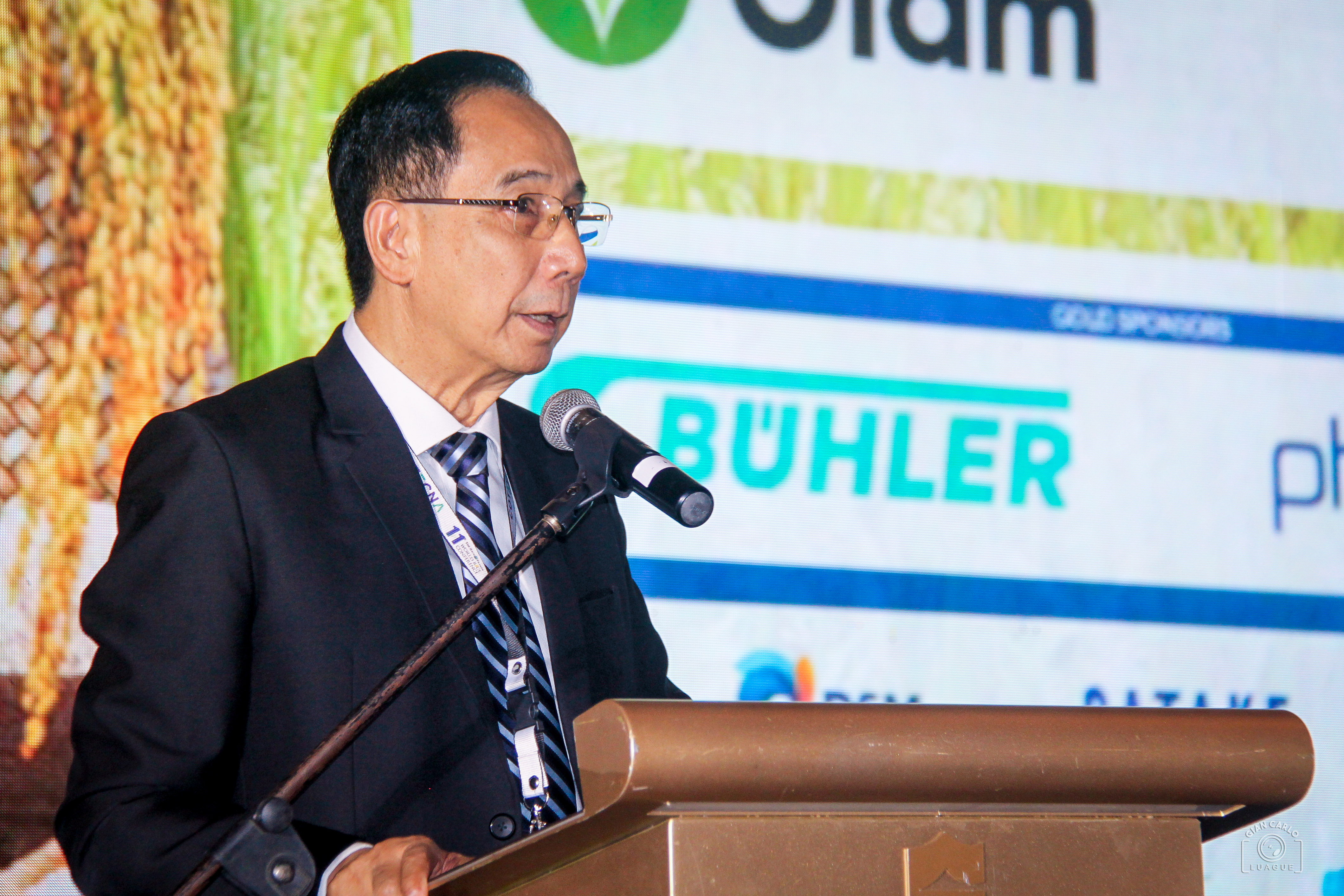
Agriculture Secretary William Dar said that the enactment of the Republic Act 11203 or the Rice Tariffication Law (RTL) is a major game changer in today’s Philippine rice industry, because it is “the best win-win solution.”
“It is a win-win for rice farmers because as consumers, they will have access to affordable and high-quality rice,” Dar said.
October 2019 reports show that Filipino consumers already experienced a rice price reduction by an average of Php8 per kilogram compared to last year.
After less than seven months of RTL implementation, inflation fell to 0.9 percent in September 2019 compared to the 6.7 percent inflation recorded in September and October 2018, when rice accounted for one percentage point of inflation.
“Rice tariffication can have adverse initial effects on some sectors, particularly farmers who are not strong enough to compete in the market, but we consider these as the birth pangs of real and welcome changes,” Secretary Dar said.
He noted that while farmers benefit from high palay prices during harvest, they spend more throughout the year as they also buy rice from retail markets during non-harvest seasons.
He added that the Rice Competitiveness Enhancement Fund, which is on top of the budget from the regular rice programs of the Department of Agriculture, will also help improve the farmers’ productivity and income.
During The Rice Trader (TRT) 11th World Rice Conference on November 11, 2019, Dar discussed how the Philippines strives to reform and modernize its rice and agriculture sector by embracing the “new thinking” for Philippine agriculture.
He said, “To keep production profitable and rice prices affordable to a growing consumer market, our rice production systems must be more efficient, more inclusive, and more sustainable.“
“I firmly believe that trade liberalization and integration actually play a key and vital role in increasing agricultural productivity and alleviating poverty and hunger around the world,” Dar said in his keynote speech.
The TRT World Rice Conference is an annual gathering of commercial and professional rice industry participants such as business leaders, decision-makers, and private and public sector representatives of the rice export community. ### (Gumamela Bejarin, DA-AFID)













